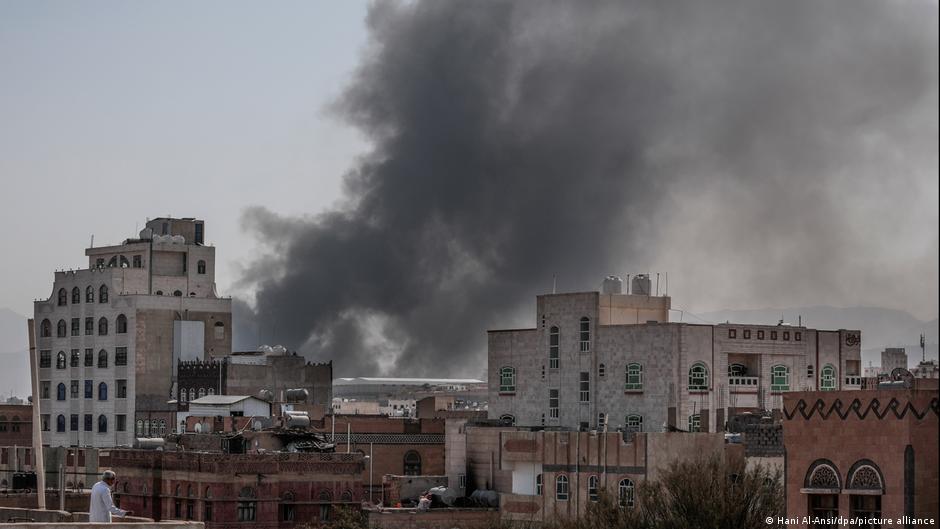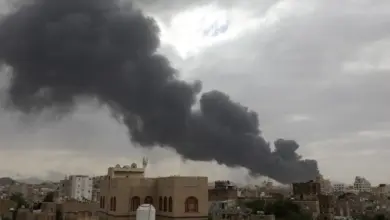
SANAA, Yemen (AP) — An explosion in Yemen’s southern province of Abyan on Friday killed at least six separatist troops and wounded 15 people, including civilians, Yemeni security and medical officials said.
The source of the explosion was not immediately known and no group immediately claimed responsibility for an attack.
The officials said the blast took place moments after a convoy of the secessionist Southern Transitional Council arrived at a market that sells khat leaves. The plant is highly popular in Yemen and widely chewed by men for the plant’s stimulant properties.
The officials who spoke on condition of anonymity because they were not authorized to speak to the media.
The Southern Transitional Council is an umbrella group of militias, backed by the United Arab Emirates, seeking to restore an independent southern Yemen, which existed from 1967 until the unification of Yemen in 1990.
They are nominal allies with the forces of the internationally recognized government in Yemen’s years-long civil war that pits the Saudi-led, U.S.-backed military coalition and the Yemeni government side against the Iran-backed Houthi rebels who control most of northern Yemen as well as the country’s capital, Sanaa.
However, clashes have often erupted between the forces loyal to President Abdel Rabbo Mansour Hadi and the separatists. In August 2019, heavy fighting broke out between the two ostensible allies when separatists took Aden, the temporary seat of Hadi’s government and key southern port city.
The fighting stopped when the two groups reached a Saudi-brokered power-sharing deal months later. However, similar clashes have continued sporadically, threatening to reopen the separate front inside the larger civil war.
The conflict in Yemen, the Arab world’s poorest country, erupted in 2014, when the Huthis seized Sanaa and much of the country’s north. The Saudi-led coalition, determined to restore Hadi’s government, intervened the following year. The fighting in Yemen has spawned the world’s worst humanitarian crisis, leaving millions suffering from food and medical shortages. It has killed over 112,000 people, including fighters and civilians.



